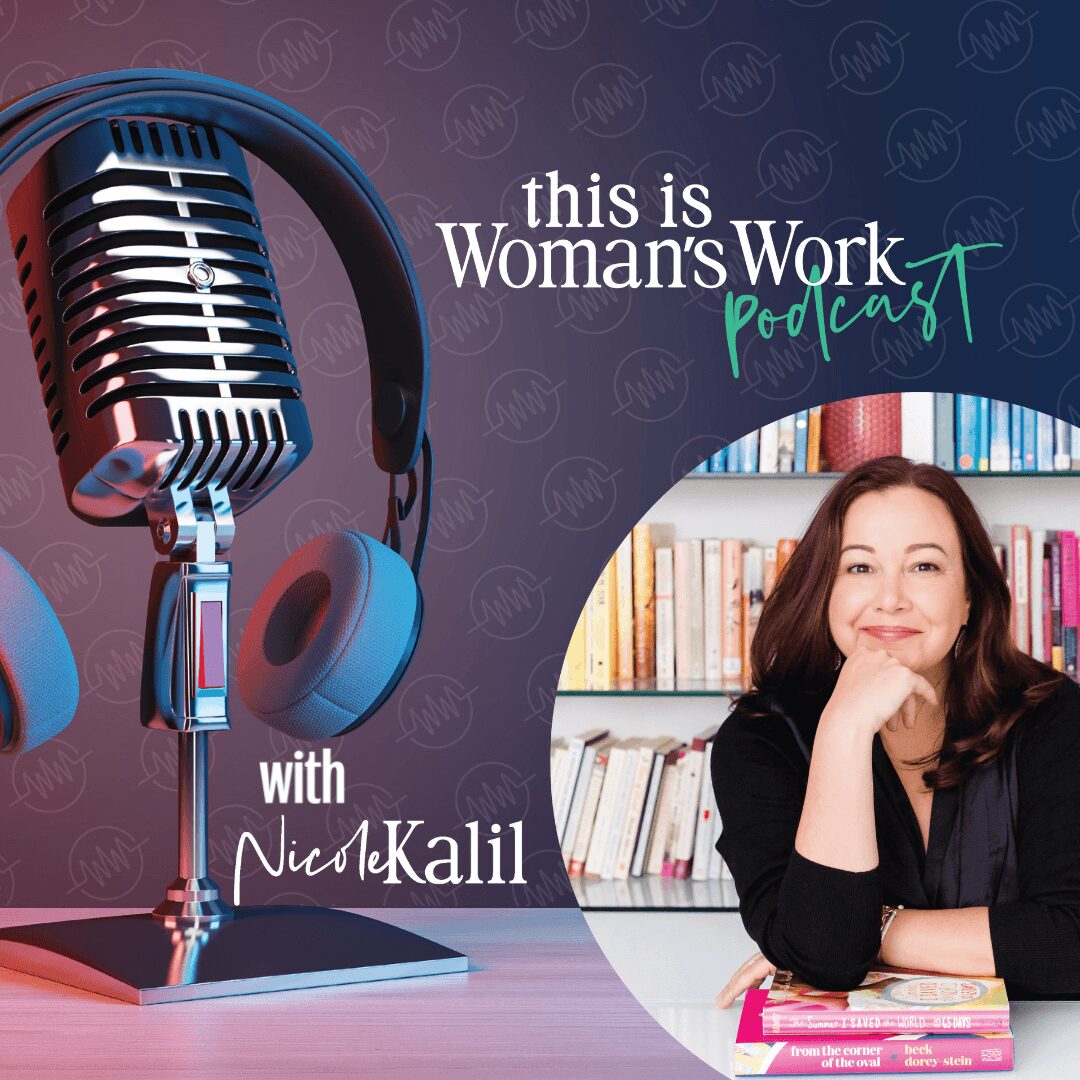We caught up with the brilliant and insightful Nicole Kalil a few weeks ago and have shared our conversation below.
Hi Nicole, we’re so appreciative of you taking the time to share your nuggets of wisdom with our community. One of the topics we think is most important for folks looking to level up their lives is building up their self-confidence and self-esteem. Can you share how you developed your confidence?
There was an actual moment when I decided to build my own confidence—because, up until then, I was faking it like a pro. I was standing in a conference room, celebrating my promotion to Chief Development Officer at a Fortune 500 finance company (sounds fancy, right?), and amidst the applause, high-fives, and probably a terrible sheet cake, I had a gut-punch realization: Any excitement I felt was fleeting, and I was mostly terrified.
I had done all the things I could think of to look confident—dressed the part, spoke with authority, racked up successes—but inside? It felt like an entirely different story. It became obvious to me that I didn’t actually know what confidence was. I just knew I didn’t have it.
So, I became a student of confidence. I read, researched, borderline stalked confident people (not in a restraining-order way), and started paying attention. What I discovered is that we’re constantly told to be confident, but no one actually teaches us how to become it. So I went down a rabbit hole (because of course I did) and traced the word back to its roots.
Turns out, confidence is most closely related to trust. Confidence isn’t about knowing all the answers, never doubting yourself, or walking into a room like you own it—it’s about trusting yourself, firmly and boldly.
So I started doing just that. I repaired, rebuilt, and developed trust with and for myself. And like anything else worth getting good at, it takes committed, consistent, and sometimes messy practice. Confidence isn’t something you have or don’t have—it’s something you build. And I’ve been building mine ever since.
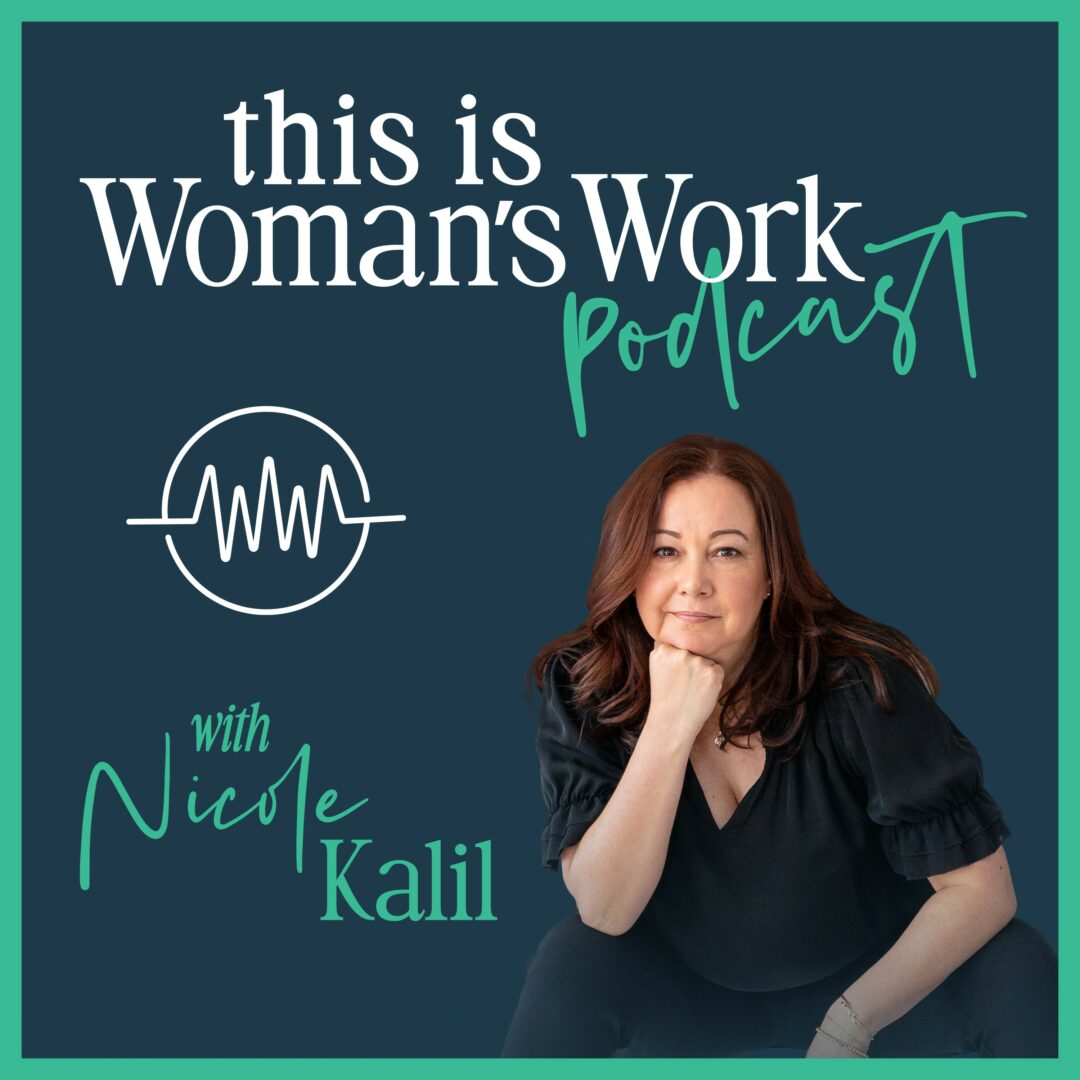
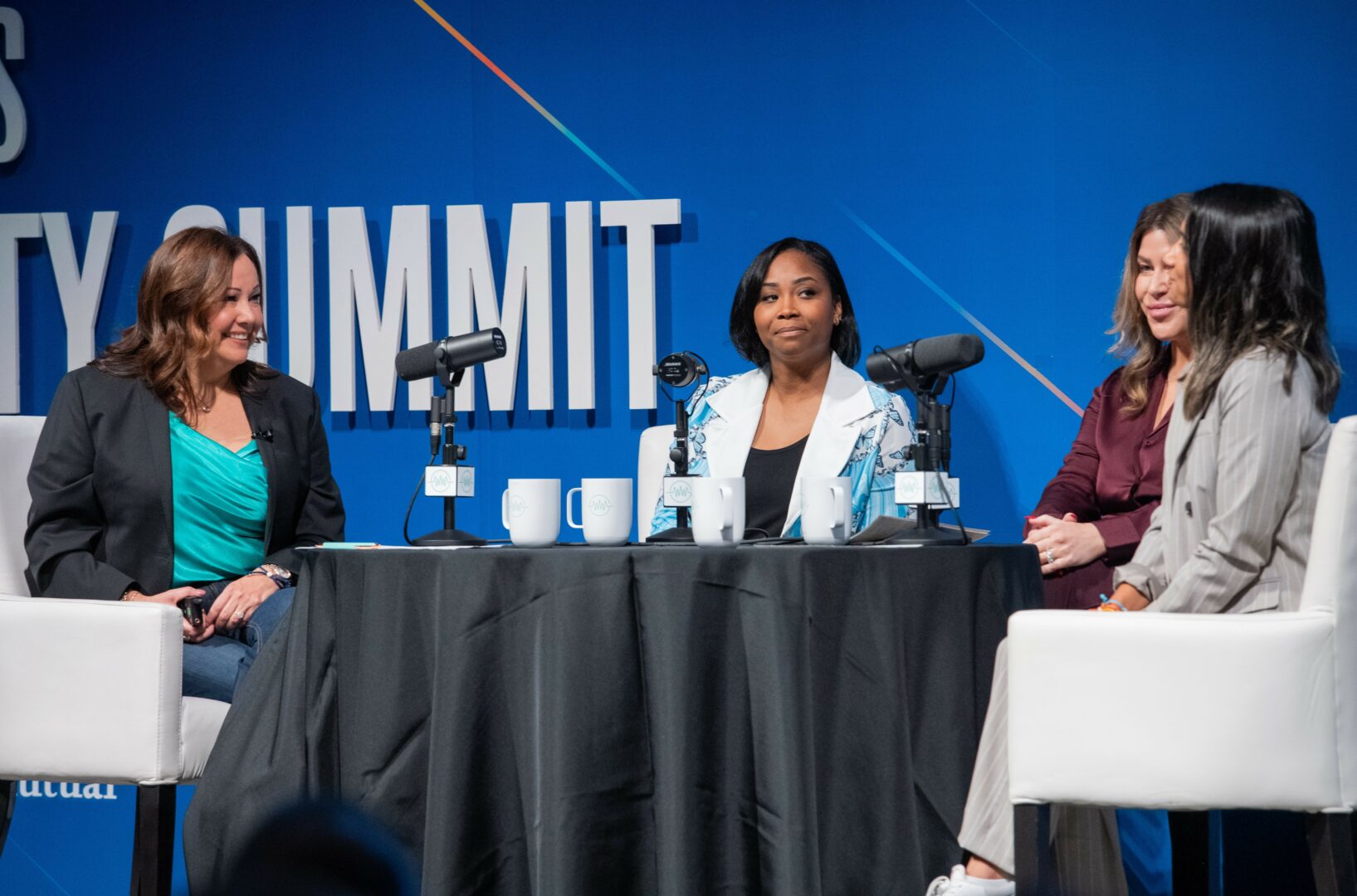
Appreciate the insights and wisdom. Before we dig deeper and ask you about the skills that matter and more, maybe you can tell our readers about yourself?
I’m the author of Validation is for Parking and the host of This Is Woman’s Work, a podcast that ranks in the top 0.5% globally—which, honestly, just means a lot of incredible people keep tuning in. The podcast is built on a simple but powerful mission: to redefine what it means to do woman’s work in the world today.
What does that look like? Well, we cover everything from leadership and confidence to breaking outdated rules and getting unapologetically selfish (in the best way). My guests are some of the most brilliant, game-changing minds out there—authors, CEOs, thought leaders, experts who challenge the status quo—and we have real, raw, and ridiculously good conversations.
And while the podcast is obviously designed with women in mind, one of my favorite compliments is when men tell me they listen and get just as much from it. Because at the end of the day, confidence, leadership, and personal growth aren’t gendered—they’re just human.
As for what’s new? Always something. New guests, new conversations, new ways to challenge how we think about work, life, and success. Stay tuned, because I have some exciting things in the works (and no, that’s not just vague marketing speak—I actually do).
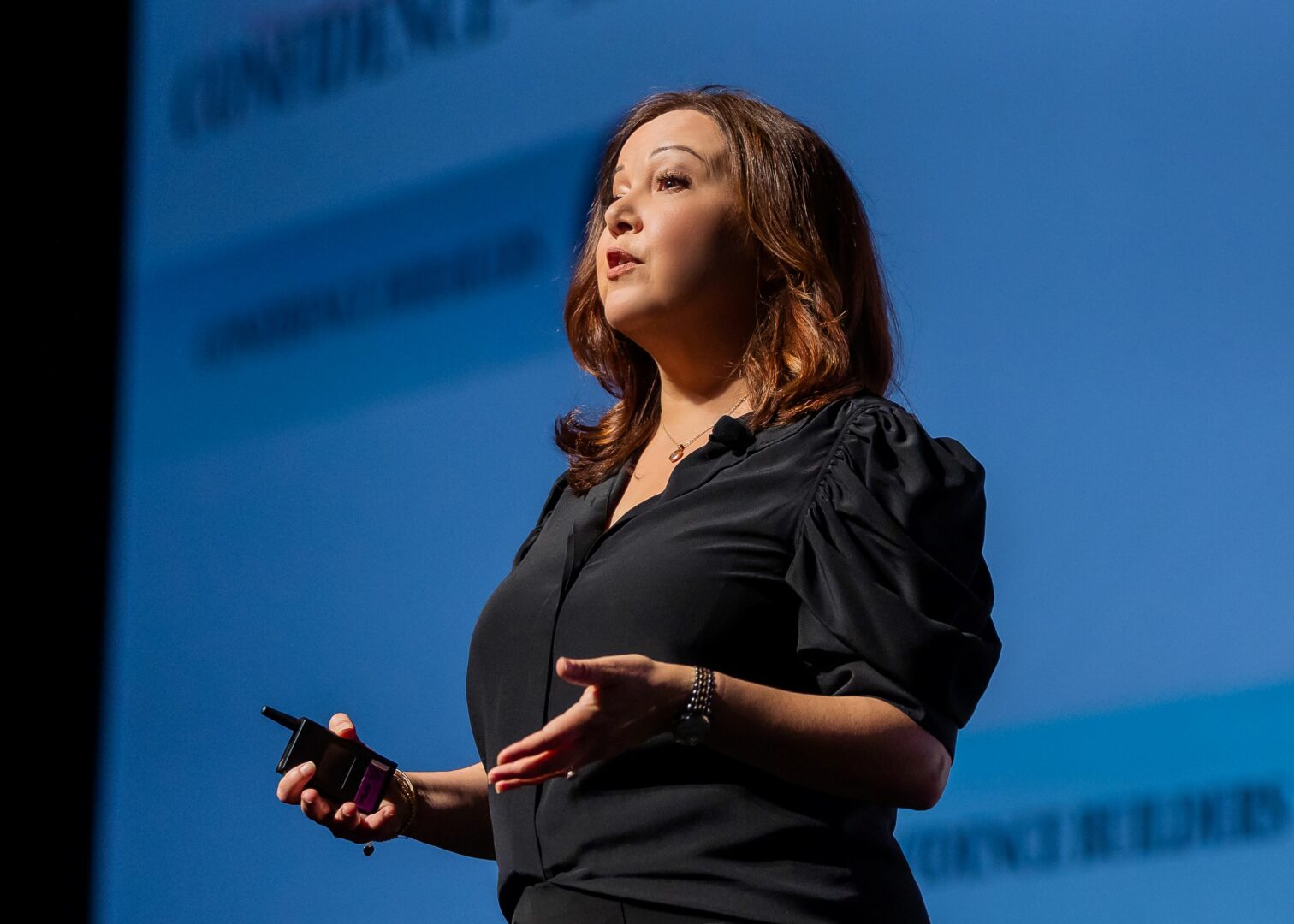

Looking back, what do you think were the three qualities, skills, or areas of knowledge that were most impactful in your journey? What advice do you have for folks who are early in their journey in terms of how they can best develop or improve on these?
Looking back, the three most impactful things in my journey weren’t things I was born with or magically gifted—they were things I built (often the hard way):
1. The Ability to Trust Myself
Confidence isn’t about always knowing what you’re doing—it’s about trusting yourself to figure it out. Early in my career, I wasted too much time looking for external validation and waiting to feel ready. Spoiler: That never happens. The best way to develop trust in yourself? Keep promises to yourself. Follow through. Build evidence that you can handle hard things.
2. The Willingness to Fail (and Keep Going Anyway)
I used to think success meant avoiding failure. Turns out, success means getting knocked down and choosing to get back up over and over again. The people who go the farthest aren’t the ones who never fail; they’re the ones who don’t let failure stop them. So if you’re early in your journey, my advice? Get comfortable being uncomfortable. Take the risk. Say yes before you feel ready. You’ll figure it out as you go, and you’ll learn more from your losses than you ever will your wins.
3. Practice Curiosity
Some of the best things I’ve learned, the biggest risks I’ve taken, and the smartest decisions I’ve made all started with curiosity. I stopped assuming I had to have all the answers and instead started asking better questions. Why do things work this way? What if I tried it differently? Who can I learn from? If you want to grow, stay wildly curious. Read, ask, explore—because the moment you think you know it all is the moment you stop learning (and that’s when you get stuck).
For anyone early in their journey: You don’t have to have it all figured out. Focus on building trust in yourself, getting back up when you fall, and staying endlessly curious. Confidence isn’t a personality trait—it’s a skill. And skills can be developed.
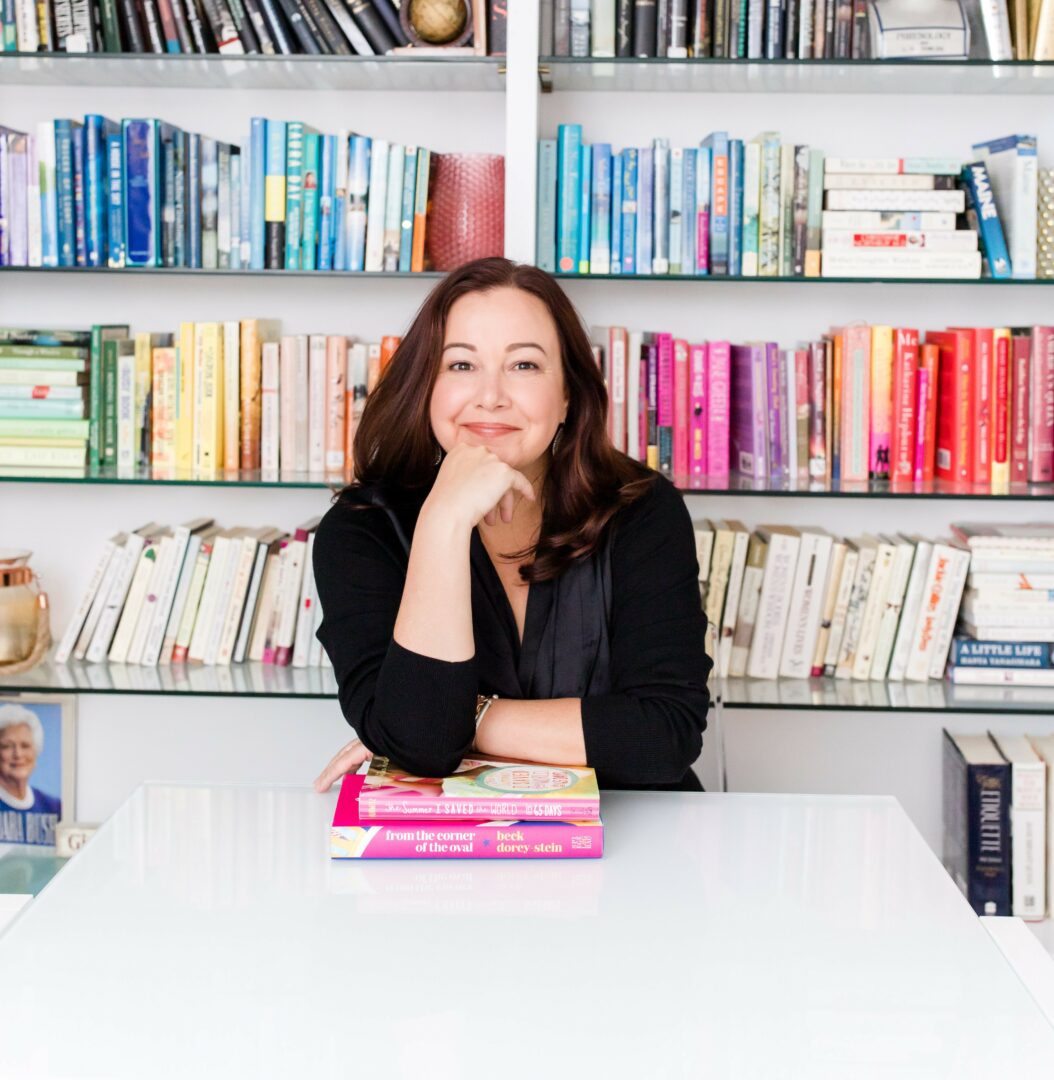
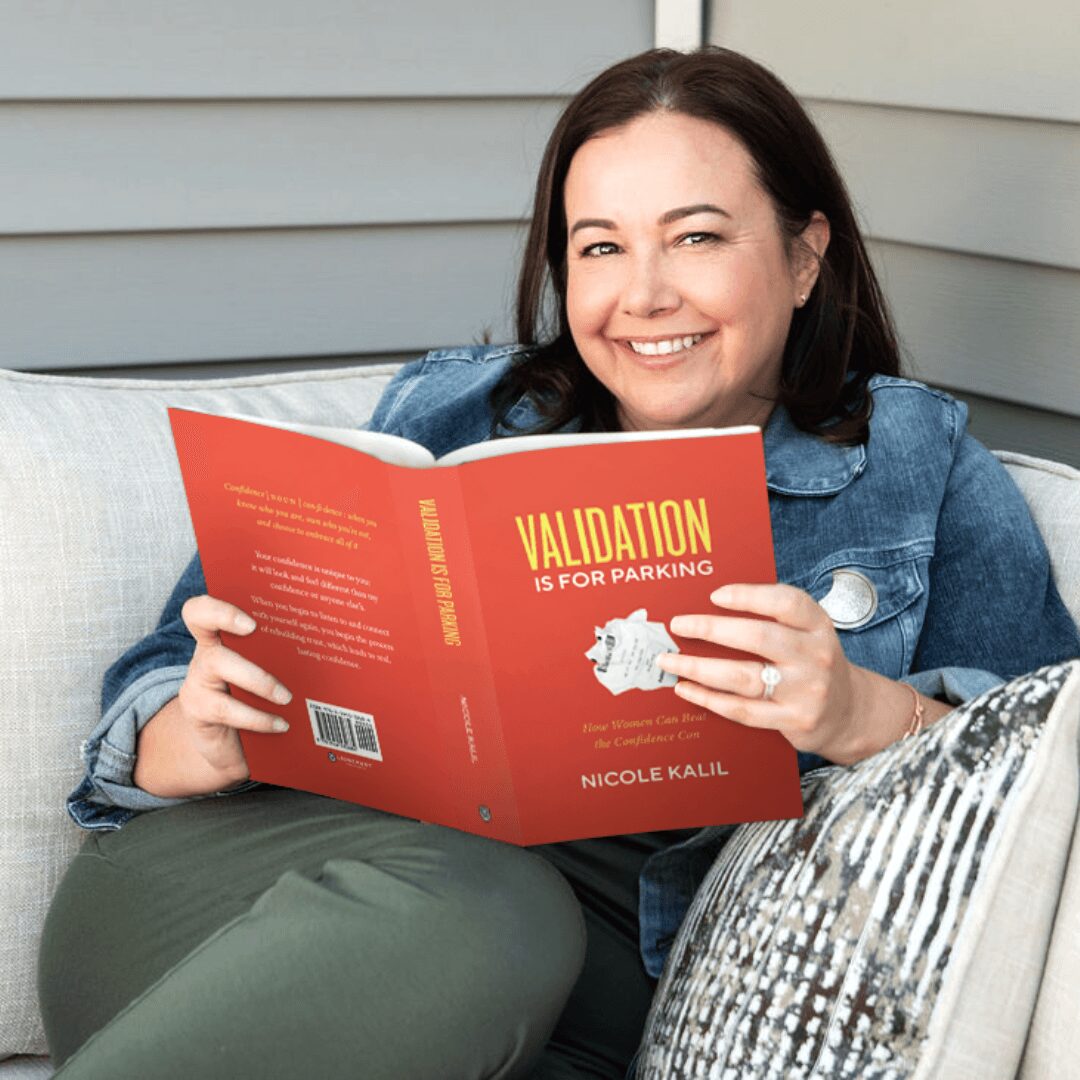
Any advice for folks feeling overwhelmed?
When I feel overwhelmed (which, let’s be real, happens more often than I’d like), my first instinct is usually to power through, pretend I’m fine, and maybe stress-eat a lot of cheese. But I’ve learned—through trial, error, and sheer exhaustion—that pushing harder when I’m already maxed out is a terrible strategy.
So now, when I hit overwhelm, I do three things:
1. Pause and Get Honest with Myself
Overwhelm usually means I’ve taken on too much, said yes to things I shouldn’t have, or am trying to control things that aren’t mine to control. Step one is admitting I’m overwhelmed instead of muscling through. (Yes, I know, revolutionary concept.)
2. Prioritize What Matters
Not everything is urgent and not everything matters. Not everything is my problem. I make a list, cut the unnecessary, delegate what I can, and focus on one thing at a time. Overwhelm thrives in chaos—clarity is the antidote.
3. Step Away Before I Spiral
This is the one I used to resist the most, but stepping away—whether it’s for a walk, reading a book, or blasting 90s music in my car—actually makes me more productive. The world will not end if I take a break (even though my brain sometimes argues otherwise).
Advice for Others?
If you’re overwhelmed, stop trying to push through like a robot. Get real about what’s actually important, cut the noise, and for the love of all things, give yourself permission to step back. Overwhelm is a sign—not a badge of honor.
Contact Info:
- Website: https://nicolekalil.com/
- Instagram: https://www.instagram.com/nicolemkalil/
- Linkedin: https://www.linkedin.com/in/nicolekalil
- Other: Podcast: https://nicolekalil.com/podcast
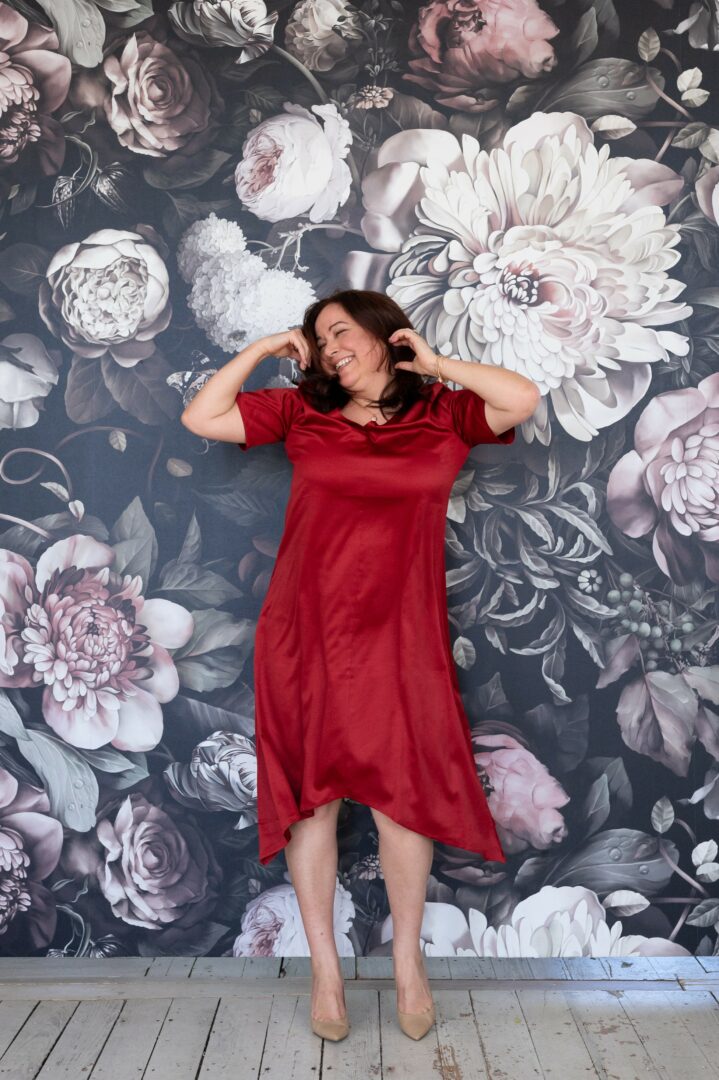
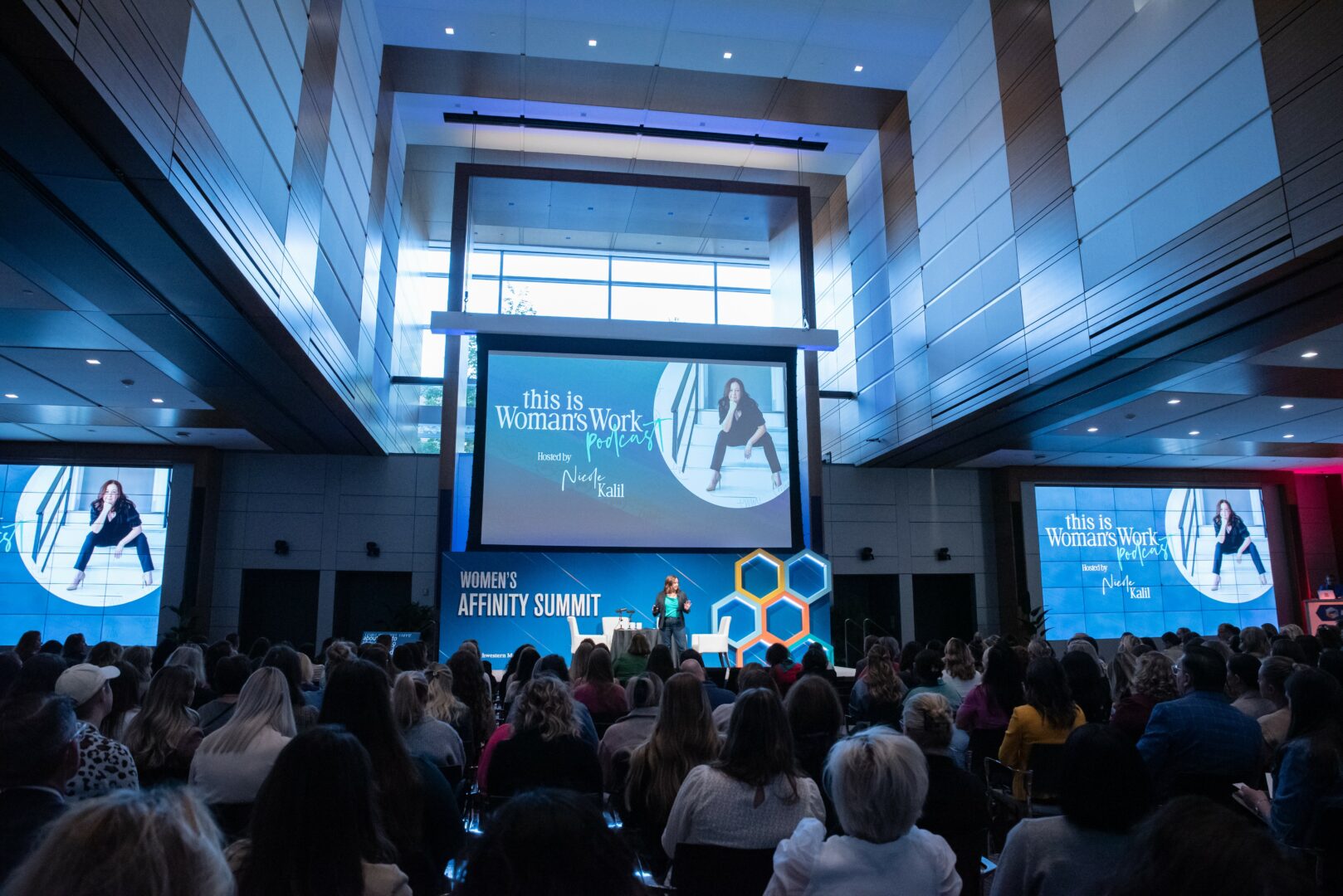
so if you or someone you know deserves recognition please let us know here.

